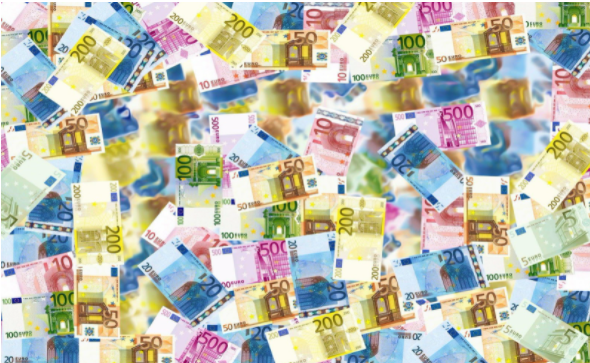Black money circulating in the economy always poses serious issues in the long run. Demonetization was used as a measure in 2016 to curb the black money. Cashless transactions are gaining momentum slowly and making the overall inflow and outflow of all monetary transactions transparent to a greater extent. Later in this article we will study how the cashless mode of payment is a good habit to cultivate and sustain.
Income Tax Act prohibits cash transactions by imposing different provisions along with penalties when these provisions are infringed. Here are a few cash transactions which are prohibited and consequences that follow under the Income Tax Act,1961 if the rules are not followed.
- Payment for medical insurance cannot be made in cash. Only preventive health checkup can be made in cash u/s 80D. Donations made u/s 80G can be made only up to Rs. 2000 in cash. Donations to a political party cannot be made in cash u/s 80GGB and 80GGC. All these payments if made in cash, shall not be allowed as deduction.
- If any person wants to withdraw cash of more than Rs.1 crore from any bank account during the year, then TDS shall be deducted at the rate of 2%. Those who have not filled their ITR during last 3 assessments years, the applicable limit shall be Rs. 20 lakhs. And if amount is more than Rs. 1 crore in case of such non-fillers, then rate of TDS shall be 5%. There are no penalties but deduction of tax results in higher working capital requirements.
- If payments are made in excess of Rs. 10,000 in cash for acquisition of any asset or part thereof, then such expenditure shall be ignored for the purpose of determination of actual cost. When such cash purchases are not included in block value for computing depreciation, the assessee shall lose the claim towards depreciation for that part of the asset.
- Any loan or deposit cannot be made by any person to another for a sum of Rs.20,000 or more in cash u/s 269T. There are certain exceptions to this clause. Disobeying the provisions of section 269T shall result into a penalty of 100% of such amount.
- A person cannot receive an amount of Rs. 2 lakh or more in cash in a day/in respect of a single transaction or even in multiple transactions relating to one event. If any person receives any sum in contravention of these provisions of section 269STshall be liable to pay by way of penalty, a sum equal to the amount of such receipt.
- Any expenditure in respect of which a payment or aggregate of payments is made to a person in a day should not exceed Rs. 10,000. Otherwise, deduction shall not be allowed in respect of such expenditure. The limit is Rs. 35,000 in case payment is made for plying, hiring or leasing goods carriages. There are many exceptions to this provision. the disallowance provisions are also applicable to Charitable Institutions as well.
- There are reporting provisions meant for Banking companies and cooperative banks under “Special Financial Transaction”.
The above are the provisions applicable to individuals/businesses under the Income Tax Act. However, there are a few other points that need clarification.
- A trade advance can be refunded in cash. Similarly, a trade advance can be received in cash except where it is for transfer of immovable property which is not allowed u/s 269SS.
- You can travel with as much cash as you want but when asked for you must give particulars about its source.
- There is no limit for cash holding. One can hold as much cash as one wants but again, the source needs to be justified. Else the money thus found in possession shall be treated as income as per provisions of section 69A and shall be liable for tax.
Why Digital or cashless transactions should be a welcome approach?
Not just for the sake of Income Tax or any other prevailing rules/laws in our country but for overall seamless experience, digital payments should be adopted as a new way of living life. Digital payments are now becoming popular, and they should be accepted as a part of your routine habits to carry out various transactions because transactions made in cash have a lot of disadvantages as compared to those carried through banking route. When you carry out a transaction electronically, it serves as a proof when legality is questioned or there is any business dispute. Plus, it eliminates the chances of errors or omissions. Carrying physical cash is risky and once it is stolen or misplaced, your financial loss will be doubled with mental stress especially when it involves hundred and thousands of rupees. Frauds could happen easily when cash is involved. No such threats are involved when you use digital platforms to make or receive payments. Digital payments free up time and make cash flow seamless. By carrying a debit or credit card, all you need to do is to just to swipe it. Again, these payments are more secured when compared to cheque frauds. Online or digital transactions also guarantee a lot of security. Both the businesses and the customers are benefited while using cashless mode of payment.
